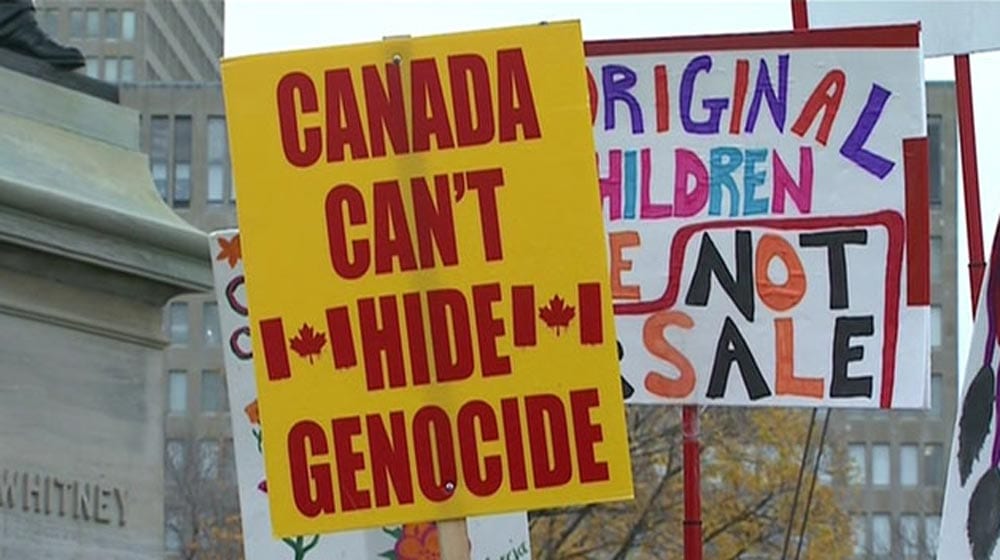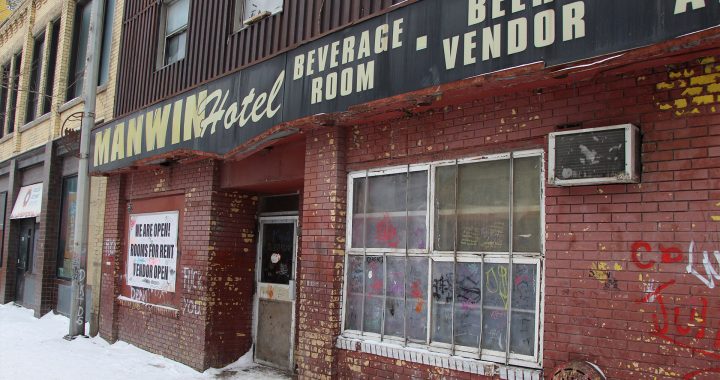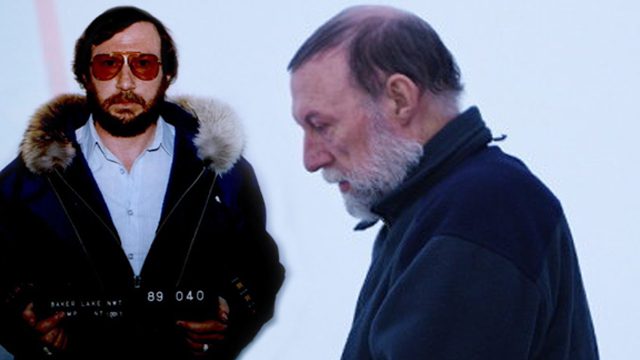
A new court motion alleges proper class-action procedure wasn’t followed last summer.
A group of ’60s Scoop survivors say they were left in the dark about a court hearing in New Brunswick involving lawyers’ fees associated with their settlement agreement with Canada and is asking the Federal Court of Appeal to quash the judge’s ruling.
The motion, which has yet to be heard by a three-judge panel, alleges problems with procedure in the settlement and points the finger of blame at three national law firms.
It also alleges that lawyers for Canada knew about it.
“Our case is about due process,” said Jai Singh, the Vancouver lawyer who filed the motion for leave to appeal the process of approving the settlement agreement and legal fees on Oct. 1.
“It’s not about the terms of the agreement; it’s about how the agreement was approved.”
The ‘60s Scoop refers to an estimated 22,000 First Nations and Inuit children who lost their cultural heritage after being removed from their homes from the 1960s to ‘90s and raised by non-Indigenous families.
Métis and non-status Indigenous children were also part of the program but are not included in the settlement agreement.
Last fall, the Minister of Crown-Indigenous Relations Carolyn Bennett offered to settle with adoptees for $875-million in compensation. $750-million will go to survivors, $50-million will go into a foundation to remember the survivors, and $75-million for lawyer’s fees.
The adoptees are represented by three national firms – Koskie Minsky, Klein and Merchant Law – and Wilson-Christen in Ontario.
Singh represents a small, separate group of adoptees who are closely following the settlement proceedings.
This group learned the Big 3 appeared in court last summer without letting the class or adoptees know.
The group was further shocked to learn lawyers for Canada – a major party to the settlement – were aware of what the firms were doing but also didn’t tell the class.
“They’re all in it together,” said Joan Frame, an adult adoptee and member of the group represented by Singh.
Frame said Canada knew the Big 3 appeared before another federal judge in Fredericton, N.B. – Michael Phelan – after Ontario provincial court Judge Edward Belobaba approved the settlement but questioned the $75 million in legal fees to be shared among the Big 3 and Wilson-Christen.
Belobaba asked the lawyers to sever or “de-link” the fee amount from the settlement to be argued separately.
That way the settlement, which had to be approved in Ontario and federal courts, could proceed without it.
Wilson agreed but the Big 3 later went to Phelan to have that decision reversed, Frame said, without informing adoptees.
“This (court) file was sealed,” she said. “Somehow we became the enemy in our own class action.
“We had to hire a lawyer to protect us from our lawyers.”
Frame and Singh said Phelan approved the amended settlement with the fees and re-certified the agreement on Aug. 2 without adoptees knowing until after Sept. 10.
“It was all done behind closed doors,” Singh said.
“It was all about the money – we are just part of a legal strategy,” added Frame, noting she expects adoptees to be stunned when they learn what happened.
Bennett said in June if new legal fees were negotiated any leftover funds would go to the foundation or adoptees.
Singh said his motion would de-link the fees and let the compensation go forward – the way Belobaba wanted.
“We say that any decision relating to the fees there should have been a notice given to the class because the class could have benefitted from any amount it was reduced,” said Singh, who is with Watson Goepel in Vancouver.
“If we are successful then there may be a little bit more money for the class.”
Singh said Canada and the Big 3 oppose his motion.
“We have heard from the parties and their primary objection is that we are trying to stop the settlement, (that) we are stopping vulnerable and aging people from getting their money,” he said.
“That is not true at all because, if anything, the lawyers by not de-linking the fees…are, in fact, placing their interest of the legal fees over the interests of the class.”
Meanwhile, Oct. 31 is the deadline for adoptees to opt out of applying for compensation in the settlement.
They forfeit applying for between $20,000 and $50,000 in individual compensation but retain their right to sue Canada for damages.











And you’re not even part of this class you’re not even part of the Ontario action you’re too old so maybe you should just leave people alone and stop bullying them all the time you’re nothing but an internet troll
And you’re not even part of this class you’re not even part of the Ontario action you’re too old so maybe you should just leave people alone and stop bullying them all the time you’re nothing but an internet troll
So glad to see all of this very costly litigation come to a end.
We were never the enemy….it is not our place to rule over this. Chief Marcia Brown Martel is the lead complainant ….she started this sixties scoop….if we want to know things we should be asking her ….;;NOT JOAN FRAME.
So glad to see all of this very costly litigation come to a end.
We were never the enemy….it is not our place to rule over this. Chief Marcia Brown Martel is the lead complainant ….she started this sixties scoop….if we want to know things we should be asking her ….;;NOT JOAN FRAME.